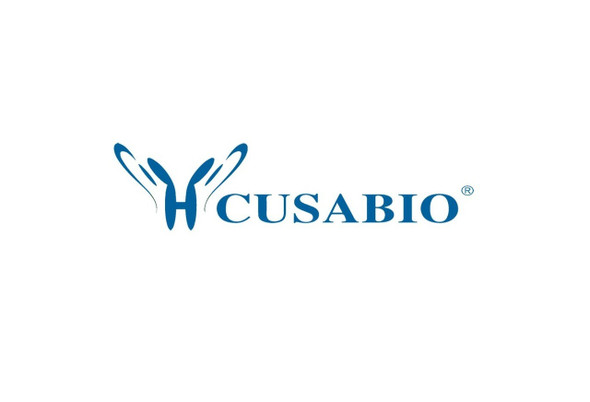Cusabio Recombinant Antibodies
SMN1 Antibody | CSB-RA567382A0HU
- SKU:
- CSB-RA567382A0HU
- Availability:
- 3 to 7 Working Days
Description
SMN1 Antibody | CSB-RA567382A0HU | Cusabio
SMN1 Antibody is Available at Gentaur Genprice with the fastest delivery.
Online Order Payment is possible or send quotation to info@gentaur.com.
Antibody Type: Recombinant
Target Names: SMN1
Aliases: Survival motor neuron protein (Component of gems 1) (Gemin-1), SMN1, SMN2, SMN SMNT, SMNC
Background: The SMN complex plays a catalyst role in the assembly of small nuclear ribonucleoproteins (snRNPs), the building blocks of the spliceosome. Thereby, plays an important role in the splicing of cellular pre-mRNAs. Most spliceosomal snRNPs contain a common set of Sm proteins SNRPB, SNRPD1, SNRPD2, SNRPD3, SNRPE, SNRPF and SNRPG that assemble in a heptameric protein ring on the Sm site of the small nuclear RNA to form the core snRNP. In the cytosol, the Sm proteins SNRPD1, SNRPD2, SNRPE, SNRPF and SNRPG are trapped in an inactive 6S pICln-Sm complex by the chaperone CLNS1A that controls the assembly of the core snRNP. Dissociation by the SMN complex of CLNS1A from the trapped Sm proteins and their transfer to an SMN-Sm complex triggers the assembly of core snRNPs and their transport to the nucleus. Ensures the correct splicing of U12 intron-containing genes that may be important for normal motor and proprioceptive neurons development. Also required for resolving RNA-DNA hybrids created by RNA polymerase II, that form R-loop in transcription terminal regions, an important step in proper transcription termination. May also play a role in the metabolism of small nucleolar ribonucleoprotein (snoRNPs).
Isotype: Rabbit IgG
Conjugate: Non-conjugated
Clonality: Monoclonal
Clone Number: 8B10
Uniport ID: Q16637
Modified: Epigenetics and Nuclear Signaling; Neuroscience; Signal transduction
species: Homo sapiens (Human)
Species Reactivity: Human
Immunogen: A synthesized peptide derived from human SMN1
Tested Applications: ELISA, IHC; Recommended dilution: IHC:1:50-1:200
Purification Method: Affinity-chromatography
Buffer: Rabbit IgG in phosphate buffered saline, pH 7.4, 150mM NaCl, 0.02% sodium azide and 50% glycerol.
Form: Liquid
Storage: Upon receipt, store at -20°C or -80°C. Avoid repeated freeze.









